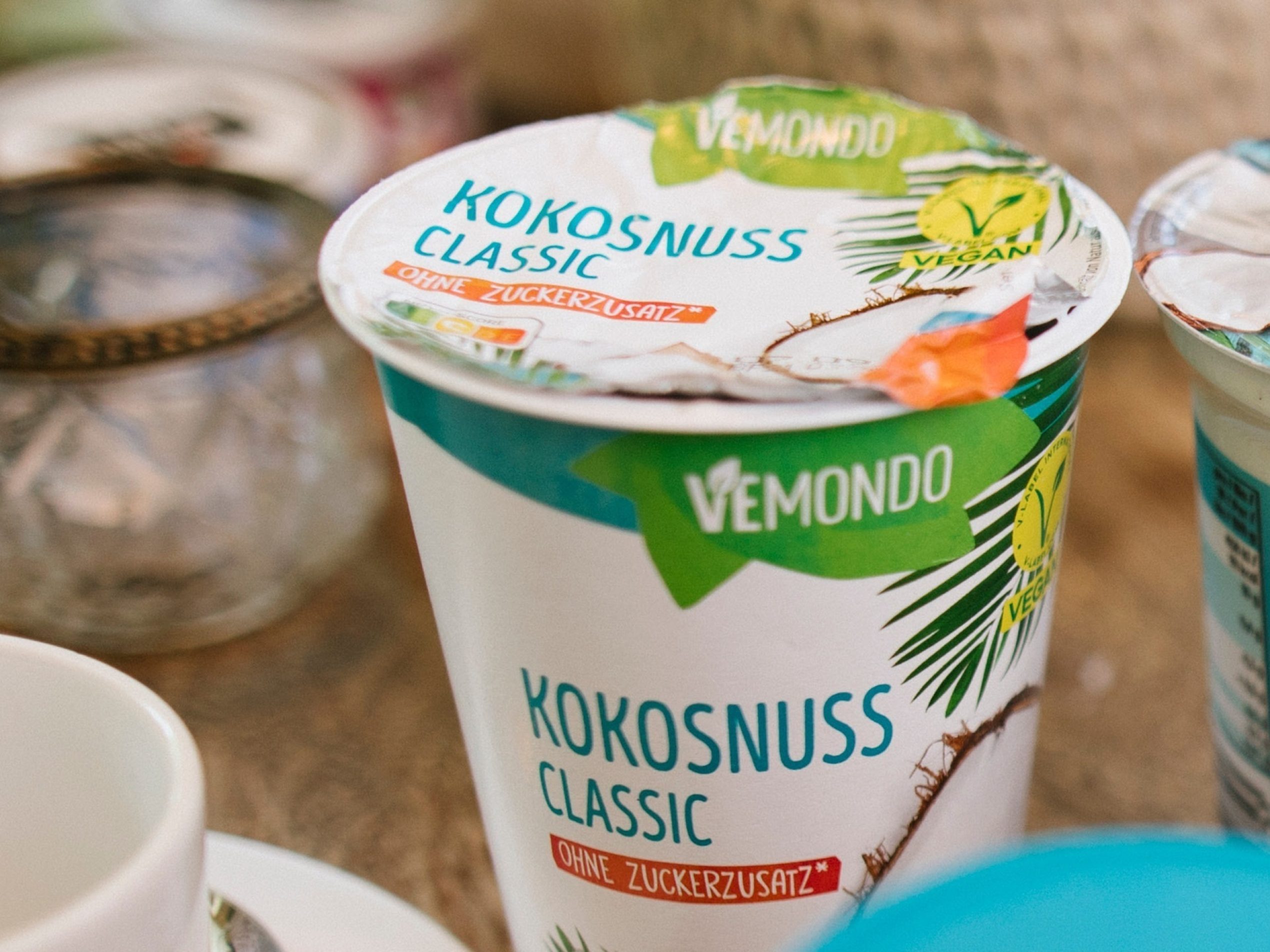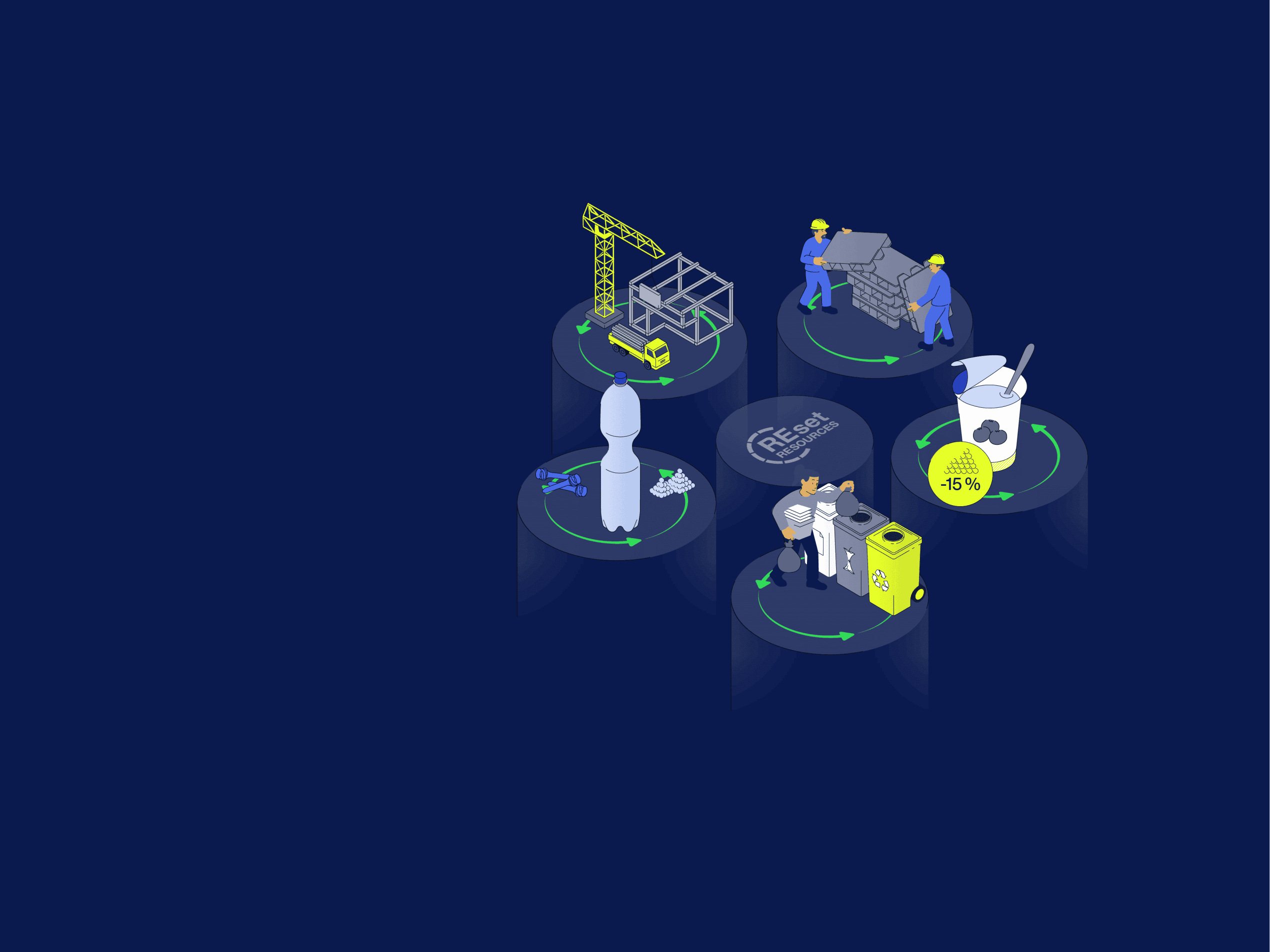Working Together to Combat Food Waste: Sustainable Strategies for the Future
Food waste is a global problem that presents ethical and environmental challenges. The figures are equally as significant in Germany. According to the German Federal Statistical Office, almost 11 million tons of food are wasted every year (as of 2021). Fruit and vegetables are often thrown away because they have small flaws or do not meet the aesthetic standard. Other factors are purchasing without regard to needs and inaccurate calculations that result in overstocks. Products that have passed their best-before date often find themselves in the garbage can. However, a significant part of food waste occurs primarily in private households, where food is discarded due to overbuying or improper storage.
One Common Goal
The companies of Schwarz Group have collectively set themselves the goal of reducing food waste by 50 percent by 2030 (compared with the base year of 2018). This goal clearly shows our commitment to combating food waste and promotes a more sustainable future.

Our Jointly Developed Strategies to Reduce Food Waste
- Integration into the production process: From the very beginning, we place great importance on minimizing food waste. By means of careful planning and efficient production processes, we ensure that losses are avoided right from the production phase.
- Efficient logistics and ordering systems: By taking weather forecasts and public holidays into account, stores are able to plan their daily requirements precisely and avoid overproduction. Short transport routes guarantee that food arrives in flawless condition.
- Optimization of logistics processes: Optimal pallet building and the use of the well-designed load carriers, such as the internally developed foldable pallet (Kaufland-Klapp-Palette), prevents pallets from breaking and making the food unusable.
- Collaboration with suppliers: Close collaboration with producers enables quantities of goods to be planned in line with demand and sometimes on a daily basis.
- Training for employees: Employee training addresses the reduction of food waste and is part of the onboarding process for new tasks.
- Special offers and discounts: Harvest surpluses are sold via special offers. Foods with a short best-before date are offered in special boxes or on special shelves at a reduced price.
- Donation to charitable organizations: Food banks and other organizations are given still consumable food free of charge.
- Animal feed production: Food that can no longer be given to charitable organizations is used to produce animal feed.
Pact Against Food Waste
In June 2023, Lidl and Kaufland also signed the “Pakt gegen Lebensmittelverschwendung” (Pact against Food Waste) with the Federal Ministry of Food and Agriculture (BMEL) and other industry representatives. This initiative aims to use specific measures to reduce food waste, including giving food that is still good for consumption to charitable organizations and raising consumer awareness.
Raising Consumer Awareness
A key aspect of the strategy is educating consumers about the value of food. For example, the “Oft länger gut” (Often good for longer) campaign established in 2020 encourages customers to use their senses to assess the quality of food. Regular tips on avoiding food waste are also given. The “Retterfilter” (rescue filter) at Lidl and recipe search function at Kaufland give customers suggestions for recipes using leftover food. Children’s awareness is also raised. Since April 2023, primary school children have been able to train as food rescuers via the “DICH RETT’ICH” education project.
Every Contribution Counts
Everyone can make a difference by shopping more consciously, for example, and avoiding food waste. A large proportion of food waste actually occurs in private households. That is why it is essential that we all contribute to reducing this waste.




